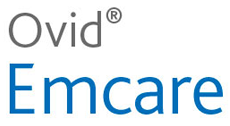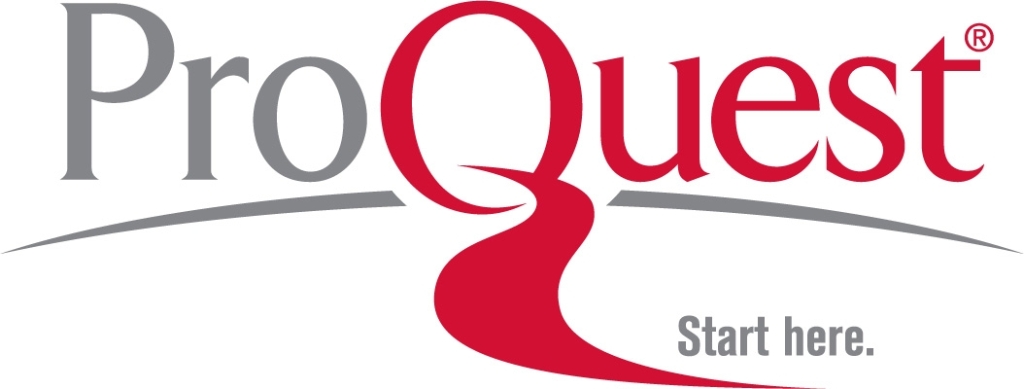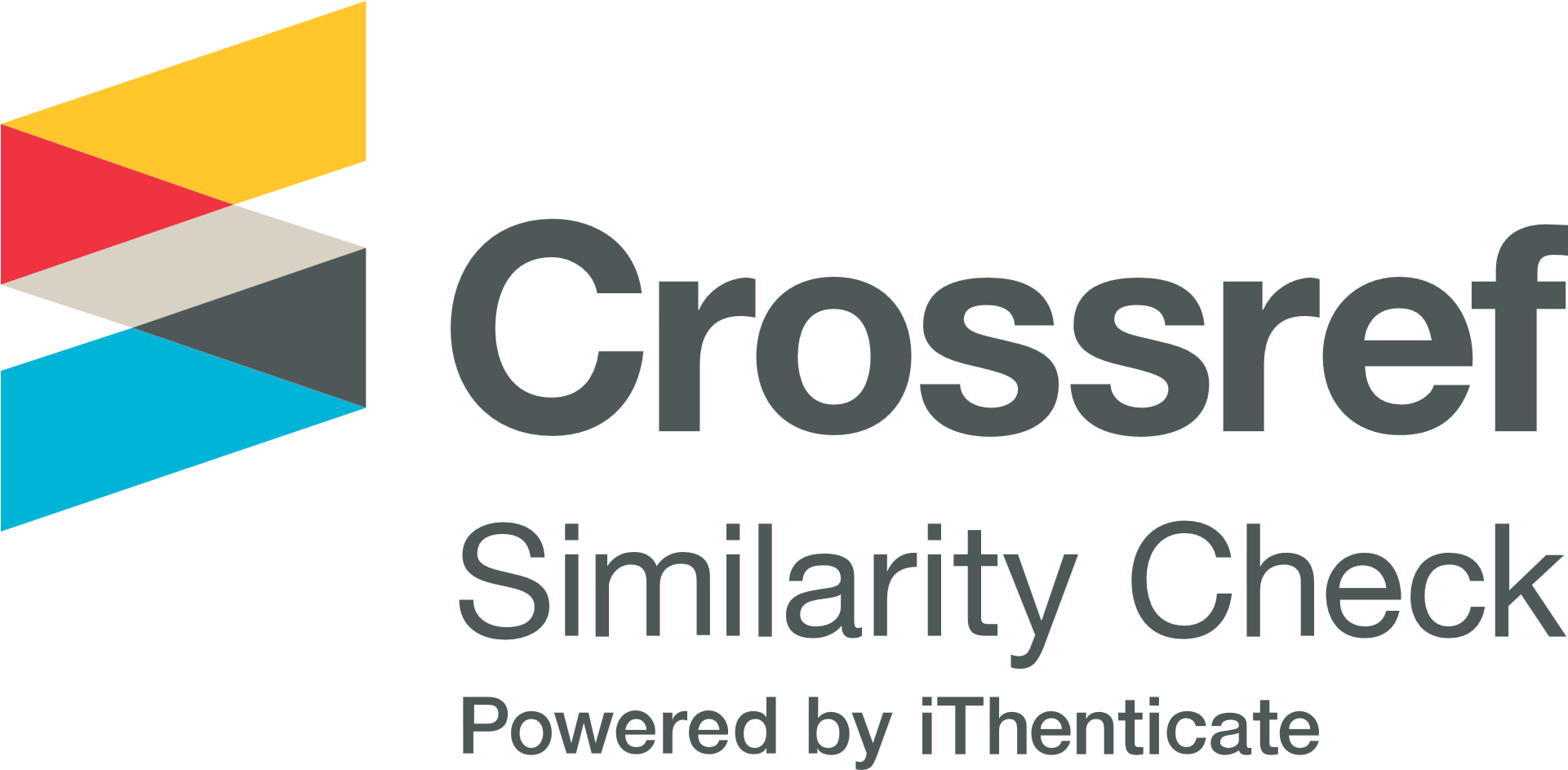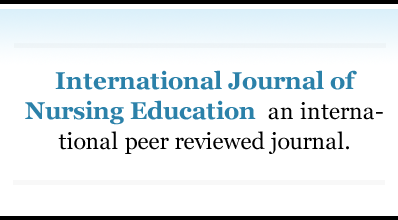ABOUT THE JOURNAL
The Journal is now open access and online issues can be seen at ---> Click on this link-medicopublication.com/index.php/ijone where HTML and PDf copies are uplaoded International Journal of Nursing Education (IJONE) is an international double blind peer reviewed,scientific journal that seeks to promote high standard of latest clinical and educative research work related to nursing education.The journal helps in strengthening the educative processes, promote policies developnment and encourages innovative researches in nursing e. The journal has been assigned international standard serial numbers 0974-9349 (print) and 0974-9357 (electronic). The journal is covered by many international databases-Google scholar,Ebsco,Scilit,Proquest,EMCare,CINAHL,Portico and JSTOR.
This is an open access journal which means that all content is freely available without charge to the user or his/her institution. Users are allowed to read, download, copy, distribute, print, search, or link to the full texts of the articles, or use them for any other lawful purpose, without asking prior permission from the publisher or the author. This is in accordance with the BOAI definition of open access.
This is an open access journal which means that all content is freely available without charge to the user or his/her institution. Users are allowed to read, download, copy, distribute, print, search, or link to the full texts of the articles, or use them for any other lawful purpose, without asking prior permission from the publisher or the author. This is in accordance with the BOAI definition of open access.
Aim and Scope
Aims
IJONE aims to serve as a platform for the dissemination of research, innovations, and insights related to nursing education. Our aims include:
- Pioneering Research Dissemination: IJONE aims to be at the forefront of disseminating cutting-edge research findings within the nursing community, fostering advancements in both theory and practice.
- Empowering Evidence-Based Practices: IJONE endeavours to empower nursing professionals with evidence-based practices derived from the latest research, ensuring the integration of best practices into nursing education.
- Cultivating a Culture of Innovation: We aim to cultivate a culture of innovation within the nursing community by showcasing novel approaches to curriculum development, teaching methodologies, and assessment strategies.
- Fostering Collaboration and Knowledge Exchange: IJONE seeks to foster collaboration and knowledge exchange among nursing educators, researchers, and practitioners, creating a dynamic platform for interdisciplinary dialogue and idea-sharing..
- Interdisciplinary Collaboration: To encourage collaboration between nursing education and other healthcare disciplines, fostering a multidisciplinary approach to healthcare education and practice.
- Promoting Continuous Professional Development: Our aim is to promote continuous professional development among nursing educators by providing access to the latest research findings and pedagogical innovations, facilitating lifelong learning and growth.
- Advancing Nursing Education Globally: We aspire to advance nursing education globally by sharing pioneering research and pedagogical methods, transcending geographical boundaries and promoting excellence in nursing education worldwide.
- Encouraging Experimentation and Adaptation: IJONE encourages experimentation and adaptation of innovative pedagogical approaches within diverse educational settings,fostering a culture of continuous improvement and adaptation to evolving educational needs.
- Elevating the Status of Nursing Education: Through the dissemination of cutting-edge research and pedagogical innovations, we aim to elevate the status of nursing education as a dynamic and evolving field, deserving of recognition and investment.
- Empowering Nursing Educators as Change Agents: Our aim is to empower nursing educators as change agents within the field of nursing education, equipping them with the knowledge, skills, and confidence to drive innovation and excellence in teaching and learning.
- Comprehensive Curriculum Development: Exploration and analysis of diverse approaches to designing, implementing, and evaluating nursing education programs and curricula,encompassing various levels of nursing education.
- Inclusive Pedagogical Practices: Examination of inclusive pedagogical practices that cater to diverse learning needs and styles within the nursing education community, including but not limited to traditional classroom settings, online platforms, and clinical simulations.
- Dynamic Clinical Education Strategies: Coverage of innovative strategies for clinical education, simulation-based learning, and the integration of real-world experiences into nursing education programs, addressing the continuum of clinical skill development.
- Robust Assessment and Evaluation Methods: Research into robust methods for assessing student competence and performance across different domains of nursing education,fostering the development of reliable and valid evaluation tools adaptable to various educational contexts.
- Interdisciplinary Collaboration Opportunities: Exploration of collaborative learning initiatives involving healthcare professionals from diverse disciplines, promoting teamwork,interdisciplinary communication, and holistic patient care within the framework of nursing education.
- Integration of Technology and Digital Resources:Examination of digital tools, e-learning platforms, and virtual technologies aimed at enhancing teaching and learning experiences within nursing education, spanning from basic nursing skills to advanced clinical simulations.
- Professional Development Initiatives: Coverage of initiatives and programs aimed at fostering the continuous professional development of nursing educators and practitioners,addressing topics such as leadership development, mentorship, and lifelong learning.
- Cultural Competence and Diversity Training: Strategies for incorporating cultural competence and diversity training into nursing education, preparing nurses to effectively interact with and provide care for diverse patient populations within increasingly multicultural healthcare settings.
- Quality Improvement and Accreditation Standards: Research on approaches to continuously improve the quality and effectiveness of nursing education programs, aligning with accreditation standards and best practices to ensure the delivery of high-quality education.
- Ethical Considerations in Nursing Education: Exploration of ethical principles and decision-making processes in nursing education, emphasizing the importance of ethical conduct, integrity, and professionalism among nursing students and educators alike.
- Nursing Educators: Faculty members, instructors, and professors involved in teaching and curriculum development within nursing education programs.
- Nursing Students:Undergraduate and graduate students pursuing degrees or certifications in nursing, seeking guidance, resources, and insights to enhance their learning experiences.
- Nursing Administrators: Directors, deans, and administrators responsible for overseeing nursing education programs, interested in staying abreast of trends, best practices, and innovations in nursing education.
- Clinical Preceptors:Healthcare professionals who serve as clinical preceptors or mentors for nursing students during their clinical rotations, seeking resources and strategies to facilitate effective student learning.
- Continuing Education Providers: Professionals involved in organizing continuing education programs and workshops for nursing professionals, interested in accessing cutting-edge research and pedagogical methods.
- Interdisciplinary Healthcare Educators: Educators and practitioners from other healthcare disciplines, such as medicine, pharmacy, and allied health, interested in interdisciplinary collaboration and learning opportunities within nursing education.
- Nursing Researchers: Scholars and researchers conducting studies in nursing education,interested in accessing the latest research findings, methodologies, and theoretical frameworks shaping the field..
- Professional Nursing Organizations: Associations and societies dedicated to nursing education and professional development, seeking resources and insights to support their members & educational initiatives and professional growth.
- Healthcare Institutions: Hospitals, clinics, and healthcare organizations employing nursing staff, interested in staying informed about advancements in nursing education to support staff development and training initiatives.
- Policy Makers and Regulators: Government agencies, policymakers, and regulatory bodies responsible for shaping nursing education policy and accreditation standards, seeking evidence-based insights to inform decision-making processes
- Original research, review papers, case reports, case studies, and other manuscript types are welcomed for publication.
- Commentaries and editorials that are rigorously researched and well substantiated are also considered.
- Book reviews contributing to the scholarly discourse within our field are accepted.
- Submissions must fall within the scope of the journal and have obtained necessary ethical clearances.
IJONE maintains a quarterly publication schedule, releasing four issues per year consistently since its inception. Authors are encouraged to submit their manuscripts at any time, knowing that our journal is committed to timely and regular publication.
Important Information1.Manuscript Submission fee - There is no fee for manuscript submission. Manuscript can be submitted any time. Submission is always open
Manuscript Processing Charges- We charge for manuscript processing from the authors. Authors must pay charges only if the article is accepted for publication. The charges are per article. If some author does not want to pay, he can withdraw his article.
The charges are as follows
1. India and SAARC countries- Indian Rupees 4000/- (Four thousand only)
2. Rest of world - US $ 100/-
IJONE became an Open Access journal in 2020. All issues post 2020 are archived into repositories such as PKP PN (Public Knowledge Project), LOCKSS and CLOCKSS, Crossref and EBSCO(Host) and Journal websites(IJONE and OJS).
IJONE maintains comprehensive archives of all issues predating 2020, stored in HDD format. Published articles and issues prior to 2020 are available free of charge upon request. Authors seeking abstracts, reference lists, or citation information for specific articles, not accessible on databases like Google Scholar or EBSCO(Host), are encouraged to contact the editorial office at editor.ijone@gmail.com We are pleased to offer these supplementary materials free of charge.
IJONE maintains all versions of submitted manuscripts in its database. The versions are maintained either on email, HDD format or within the OJS system.
Self-archiving:Authors are permitted to self-archive the accepted and pre-published versions of their articles on personal websites or deposit it in any repository. Post publication, when posting any version of the manuscript, proper acknowledgment to the original source of publication is required and a link to the published article on the journal's website must be inserted. The link should include the DOI number in the following format:The final publication is available at link.journalsite.com via https://dx.doi.org/(insert DOI and remove brackets).There are no embargoes associated with any version of the manuscript.
Previous versions of the article on non-commercial pre-print servers, such as SSRN may be retained or updated with the author's accepted version. However, post publication, authors must acknowledge the final publication and provide a link to the article on the journal's website, including the DOI number in the sentence:The final publication is available at Journal Name, via https://dx.doi.org/(insert DOI and remove brackets).
The copyright and licensing policy for the Indian Journal of Nursing Education (IJONE) are as follows:
- Copyright Ownership: Authors retain copyright ownership of their work after publication in IJONE. However, they grant the journal an exclusive Creative Commons license.
- Creative Commons License: The authors grant IJONE the right to exclusively apply a Creative Commons license to their work upon publication. This license permits use, distribution, and reproduction of the work in any medium, provided that the original work and its source are properly cited. The specific license applied is https://creativecommons.org/licenses/by-nc/4.0/deed.en which allows for attribution, non-commercial use, and derivative works.
- Editorial Research: Authors grant the journal the right to analyze information obtained from submitted manuscripts for editorial research purposes. This analysis aims to improve the peer-review process, teaching, and training activities.
- Warranties: Authors warrant that their work is original, contains no libellous statements, is lawful, and does not infringe upon any copyright, trademark, patent, or proprietary rights of others. Authors agree to indemnify the editors against any costs, expenses, and damages arising from any breach of this warranty.
- Views and Opinions: The views and opinions expressed in the article are those of the authors and not necessarily those of the journal.
- Print Copies: We provide hard copies of the journal to colleges and universities.
- Author Publishing Charges: Reasonable publication fees are charged only upon acceptance of the article for publication. There are no charges for manuscript submission.
- Advertising and Sponsorship: For advertising inquiries, please contact the editorial office at editor.ijone@gmail.com. Our advertising policy can be accessed here.
Link to our advertising Policy- Here
International Journal of Nursing Education
Logix Office Tower, Unit No. 1704, Logix City Centre Mall
Sector- 32, Noida - 201 301 (Uttar Pradesh)
Tel no:+91-8826599604
Email: editor.ijone@gmail.com
Website: www.ijone.org












